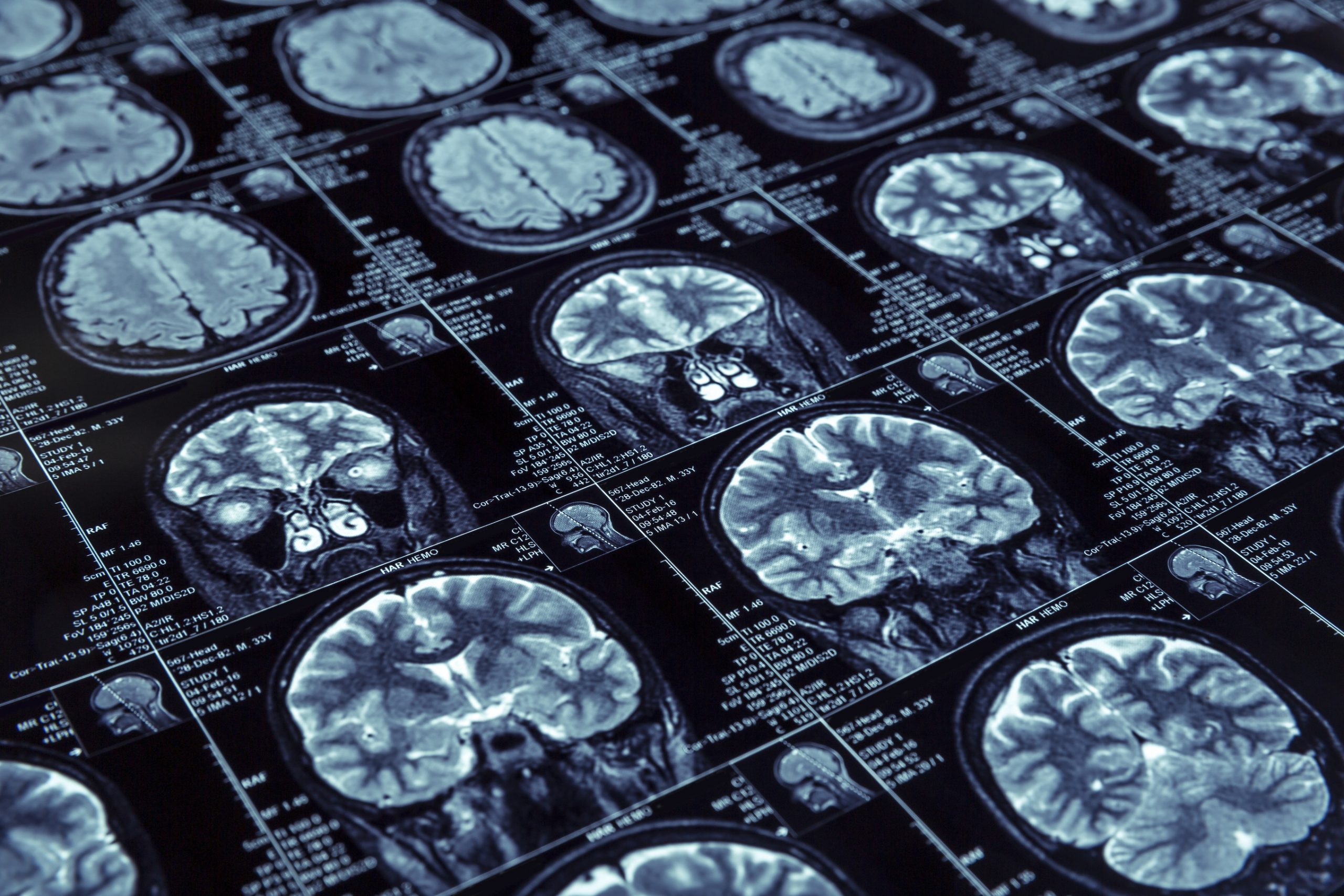Biogen and Eisai trial drug in asymptomatic Alzheimer's disease

Biogen and Eisai have begun a new phase 3 study testing an Alzheimer’s antibody drug aimed at patients without symptoms but with elevated levels of amyloid in their brains, the protein aggregate that is thought to cause the disease.
The companies said they had begun the AHEAD 3-45 trial of BAN2401 in patients with preclinical Alzheimer’s, following on from a phase 3 trial in symptomatic early disease that is ongoing.
AHEAD 3-45 will be conducted in the US, Japan, Canada, Australia, Singapore, and Europe.
The study will be conducted as a public-private partnership between the Alzheimer’s Clinical Trials Consortium (ACTC), funded by the National Institute on Aging, part of the US-government funded National Institutes of Health, and Eisai.
After a common screening period in AHEAD 3-45, participants will be enrolled into one of two randomised, double-blind, placebo-controlled trials based on the level of amyloid in the brain: the A45 trial and the A3 trial. A total of 1400 participants will be enrolled in the study and treated with BAN2401 for 216 weeks.
The A45 trial will recruit cognitively unimpaired participants who have elevated levels of amyloid in the brain and aims to prevent cognitive decline and suppress the progression of disease with BAN2401 administration.
Primary endpoint for A45 is change from baseline based on the Preclinical Alzheimer Cognitive Composite 5, a score evaluating measures such as episodic memory, timed executive function, and global cognition.
The A3 trial will recruit cognitively unimpaired participants who have an intermediate amount of amyloid in the brain, and who are at high risk for further accumulation.
The primary endpoint for A3 is change from baseline in brain amyloid levels as measured by amyloid PET.
A secondary endpoint will measure levels of tau protein, which builds up within neurons of people affected by the disease and is another target for drugmakers.
Biogen and Eisai this month filed aducanumab with the FDA, an antibody targeting amyloid in patients who have already developed symptoms.
Approval of any Alzheimer’s drug would be a huge achievement: there have been no new medicines on the market since 2003 and those that are available only treat the symptoms rather than the underlying cause of the disease.
Just what causes Alzheimer’s is still a moot point and Biogen and Eisai are in the school of thought that the disease is caused by amyloid plaques, although there have been doubts about this hypothesis after a string of trial failures.












